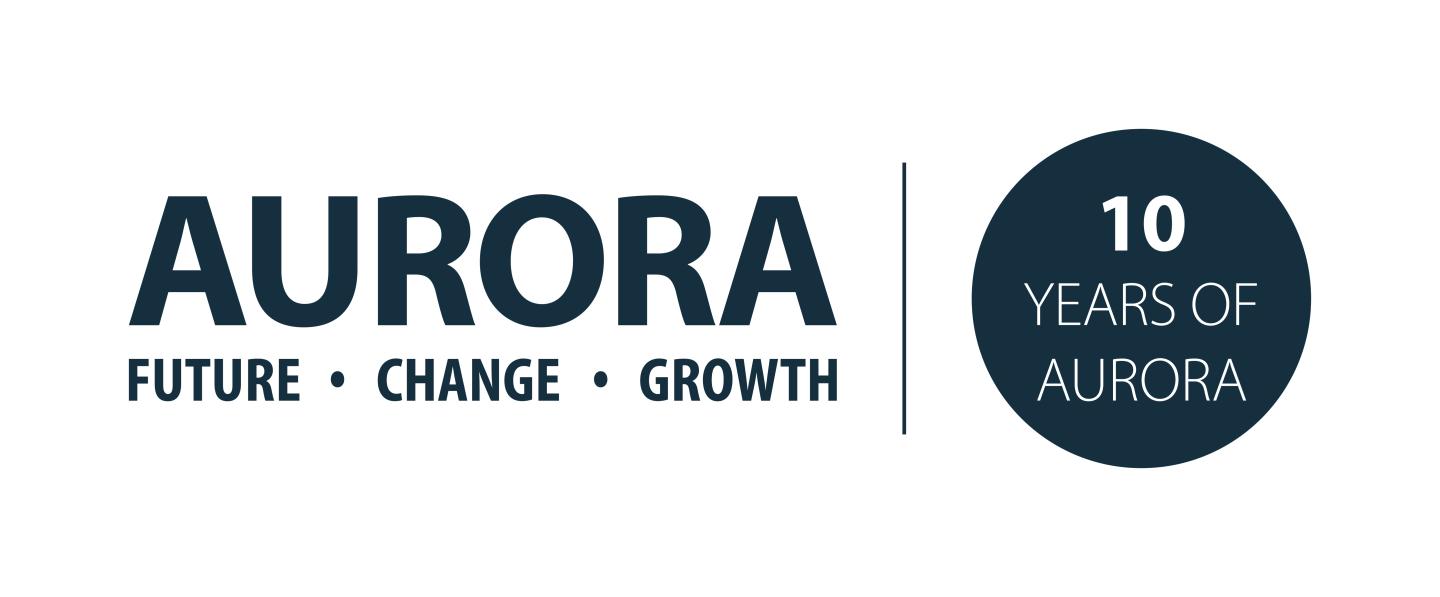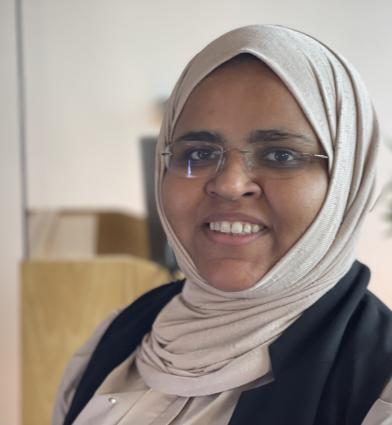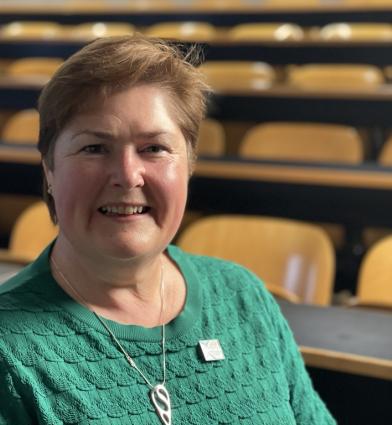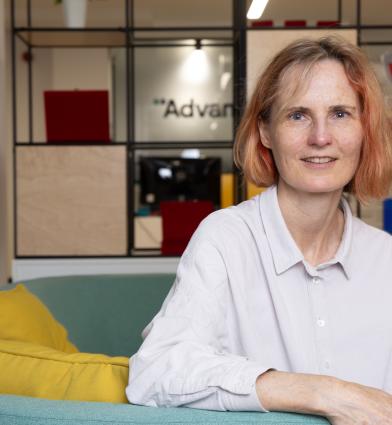With both a student and staff population that is majority female, the University of Sunderland is an outlier within the UK higher education sector.
Yet despite its innate women-dominated populous, the institution is still pushing hard to create an environment where women are not only seen but also thrive at the very highest levels.
“Equality, diversity and inclusion doesn’t happen by chance,” said Sir David Bell, Sunderland’s Vice-Chancellor since 2018.
“You’ve actually got to create the structures that make it happen and that’s something that we’ve approached with real seriousness.”
EDI strategy
The Aurora women’s leadership programme is a key strand of an equality, diversity and inclusion strategy which is tackling wide-ranging issues including the terms and conditions of the institution’s lowest paid staff – overwhelmingly women –, accessibility of buildings and corporate recruitment processes.
Taken as a package, Sir David credits this strategy with the fact that some 90 per cent of staff say they approve the institution’s approach to EDI.
Aurora is part of the university’s work to create a pipeline of women leaders and each year more women apply for one of the ten-plus places funded by the institution.
Introducing Aurora
“We really took on Aurora from around 2021/22. We had ten participants in the first year and already four of them are either in more senior positions or are carrying more senior responsibilities,” said Sir David.
Aurora’s profile in Sunderland was boosted when its Director of Home Student Recruitment Francesca Carey was appointed Aurora Champion. She had done the Aurora programme while working at Brunel University and saw the impact it had had on both her confidence and career development.
With more professional services staff than academics applying for places in the first two years, Sunderland has now appointed a second Aurora Champion, (Dr Helen Driscoll, Academic Director for Educational Partnerships) specifically tasked with raising awareness of the programme among academic staff.
The result has been an increase in applications – rising from 20 across both the Sunderland and London campuses in 2021 to 27 in the Sunderland campus alone this year.
Professional and personal development
“We don’t view Aurora as being all about promotion. But it does reflect a commitment to professional and personal development that can sit well with promotion panels,” said Sir David, who was previously Vice-Chancellor at the University of Reading.
“For us, it’s predominantly about how women can get greater satisfaction from their roles and become better at them.
“It could be that that entails some women thinking about getting a new job, but for others it’s simply about the opportunity to broaden their experience, deepen their knowledge and make stronger connections. With that, we are all bound to benefit – as well as they themselves benefitting individually.”
Achieving transformational change
At Sunderland, the starting point to building a truly substantive programme of EDI was creating a structure able to bring about transformational change.
Sir David appointed one of his six-strong executive team, Deputy Vice-Chancellor -, Professor Jon Timmis, to be the university’s EDI lead and he acts as the conscience of EDI in all executive team discussions and decision-making.
Prof Timmis works with EDI manager Justine Gillespie – a former University of Sunderland student – and together they have built a ‘coalition of the willing’ committed to ensuring change on the ground.
“When you think about gender equality, it’s really important to make sure there is an appropriate flow of women coming through,” said Sir David, who was Permanent Secretary at the Department of Education before moving into higher education.
“There’s no point in complaining about not having proper representation of women at the end of the pipeline. You need to press harder to make sure there are fair opportunities all the way through.”
Attracting a wider pool
For example, when at Reading, the university welcomed job shares even for its most senior executive roles. That was to make such positions more attractive to a wider pool of people – including those who wanted to combine such roles with academic commitments or with external responsibilities.
“The traditional view is that you have to be full time as, say, a Pro-Vice-Chancellor. But we took the view that we would begin advertising every role – even the most senior – as potential job shares. Not only that, we did not expect applicants to identify their own job share partner.
“That’s quite unusual in the sector but it’s those types of practical steps that are needed to make a difference.”
Aurora roundtables
Sir David makes a point of meeting every cohort of Aurora participants from the university at a roundtable event at which he gets their feedback on Aurora and their roles within the institution. Similarly, he is able to share his insights about how leadership looks to him from his vantage point within the university.
He describes the roundtable as very much a ‘two-way learning process’.
The university has also set up a Teams channel for Aurora alumni to help them embed the Aurora network within the university.
The incoming Chancellor of Sunderland is Leanne Cahill, chief executive of Bravissimo, and a proud graduate of the university.
For Sir David, Bravissimo, as a female-led company, offers many learning opportunities for women leaders in the higher education sector. And Leanne herself, as a woman born and raised in the city, provides a brilliant role model of what women from Sunderland can achieve.
Aurora women’s leadership programme is celebrating its 10th anniversary! Since it was launched in 2013, more than 10,000 women from nearly 200 different institutions across the UK and the Ireland have completed it – all gaining new skills, bigger networks and fresh perspectives on leadership. To mark this special milestone, women who have taken part in Aurora since its very earliest days share their stories and institutions outline the role it plays in their gender equality work.

Becoming an Aurora Mentor workshops
Mentoring is now a vital development tool in many organisations and can be used to speed up integration through induction mentoring, to develop skills and support career progress as well as to address strategic objectives such as diversity, well-being or retention.
Evidence suggests that both mentor and mentee gain from the experience so the skills of mentoring appear to enhance wider working practices. This course gives an introduction to mentoring in an institutional context and will identify how to make mentoring effective. It will cover best practice guidelines to follow and give delegates practical advice in addition to well validated tools and techniques to use.
Aurora Alumnae Network
The Aurora Alumnae community is designed exclusively for women who have completed the Aurora programme, offering a platform for ongoing growth and collaboration. It was established in recognition of the transformative impact of the Aurora programme. With over 10,000 women from nearly 200 institutions in the UK and Ireland participating in Aurora since its launch in 2013, the community addresses the continued need for support, development, and connectivity among its members.



